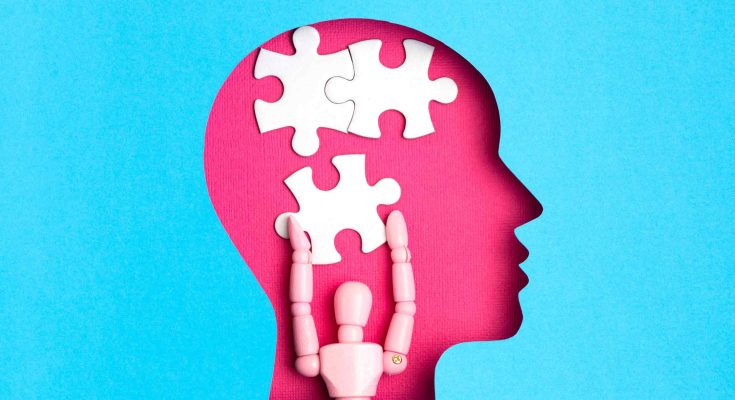In cognitive improvement and brain fitness, word games have been referred to as an important tool for a long time. These puzzles from crosswords to word searches force our brains into linguistic somersaults challenging our vocabulary, pattern recognition and troubleshooting abilities. But beyond mere entertainment, there’s a growing body of research suggesting that word games may offer more than just a pleasant diversion; they could potentially enhance memory retention and cognitive function. This is an in-depth exploration on how word games work on memory.
Demystifying Memory Retention
However, before considering the efficacy of word games it is worth noting what memory retention entails. Memory in itself is a complex cognitive process which has three main stages which are encoding, storage and retrieval. Encoding involves initially perceiving information and registering it while storage means retaining this information over long periods while retrieval refers to ability to access and recall stored information when needed. As such, memory retention involves the ability to hold onto and remember things over time which are core features of cognition affecting learning, decision making and daily functioning.
The Cognitive Advantages of Word Games
These make them a powerful tool for cognitive stimulation and enhancement since word games engage several cognitive processes concurrently. In particular these kinds of games require players’ involvement in a number of different cognitive skills such as:
- Vocabulary: Word puzzles expose their participants to numerous words that help broaden their vocabularies as well as linguistic repertoires.
- Pattern Recognition: Just like anagrams or word search puzzles need participants to differentiate patterns as well as link letters with words.
- Problem-Solving: Consequently many problems encountered during completion of puzzles require strategic thinking together with problem solving skills.
- Attention and Concentration: Playing with words often requires sustained attention and concentration which are required for the formation of good memories.
Word Games Science And Memory Retention
Many studies have been conducted to investigate the link between using word games and memory retention with the following findings:
- Verbal Memory Improvement: A study in Journal of Experimental Psychology showed that participation in word puzzles, especially verbal fluency ones improved the memory for words among old people.
- Improved Cognitive Function: Regularly indulging in word puzzles is connected to better cognitive functions as well as lower risk of cognitive decline among older people according to a research published by Frontiers in Aging Neuroscience.
- Long-Term Effects: The longitudinal research carried out by University of Exeter and King’s College London discovered that those who participated in word puzzles regularly had higher cognitive functions over time than those who didn’t.
- Crossword Puzzles and Dementia Risk: In Neurology, a milestone study indicated that crossword puzzle enthusiasts were less likely to develop dementia later on in life.
Application and Recommendations
Making word games part of your everyday activities can be an enjoyable and effective method of enhancing memory retention and cognitive functioning. Below are some practical suggestions:
- Mix up Your Games: Experience diverse kinds of word games such as crosswords, anagrams, find-a-word, Scrabble etc. which will engage different mental skills whilst keeping things fresh.
- Keep Challenging Yourself: As you play word games continually elevate their level of difficulty so as to keep stretching your brainpower, always facilitating neural development.
- Be Consistent: Always strive to engage in word games often to get all the advantages. They can be integrated into your daily and/or weekly schedule for maintaining cognitive stamina.
- Word Games Combined with Other Activities: For instance, mix word games with other cognitive-based activities such as reading, learning a new language or solving puzzles among others to boost general cognitive abilities.
Read More: The Timeless Appeal of Classic Word Games: Why They Endure
In Summary
Games of words are more than just fun; they can improve memory, thinking skills and reduce the risk of declining brain function over time. Cognitive benefits can accrue for decades if these challenging puzzles are made part of everyday life. Next time you pick up a crossword or take on an anagram, remember that it is not simply leisure but an investment in your brain health and well-being.




